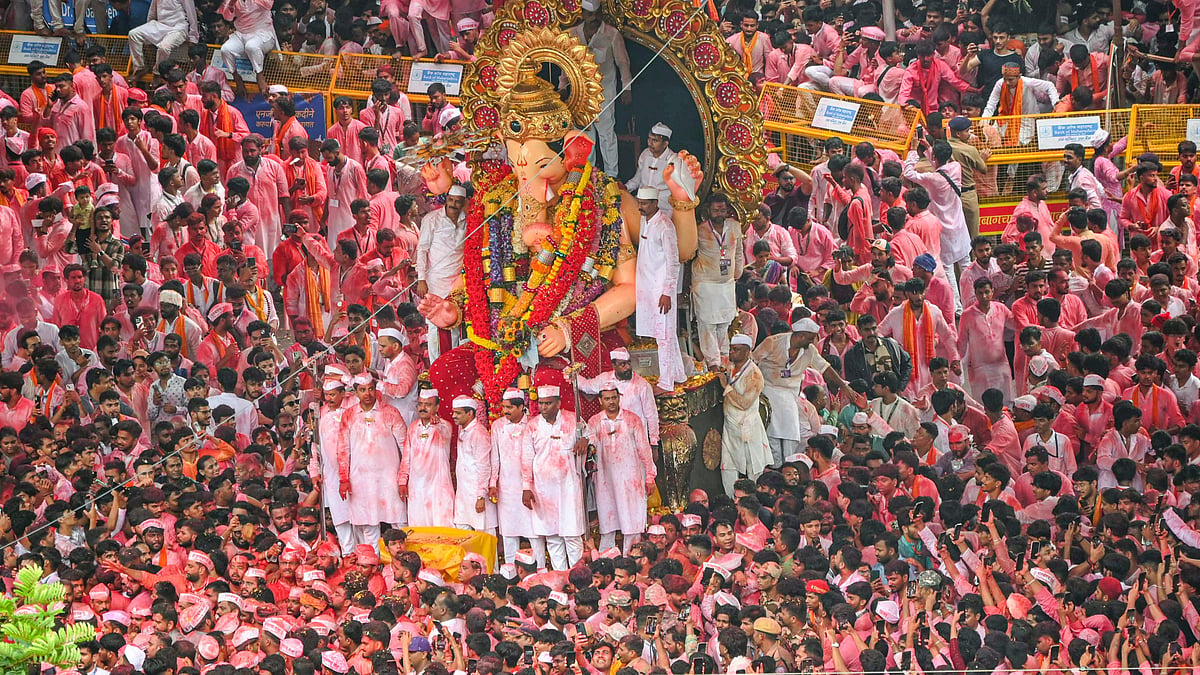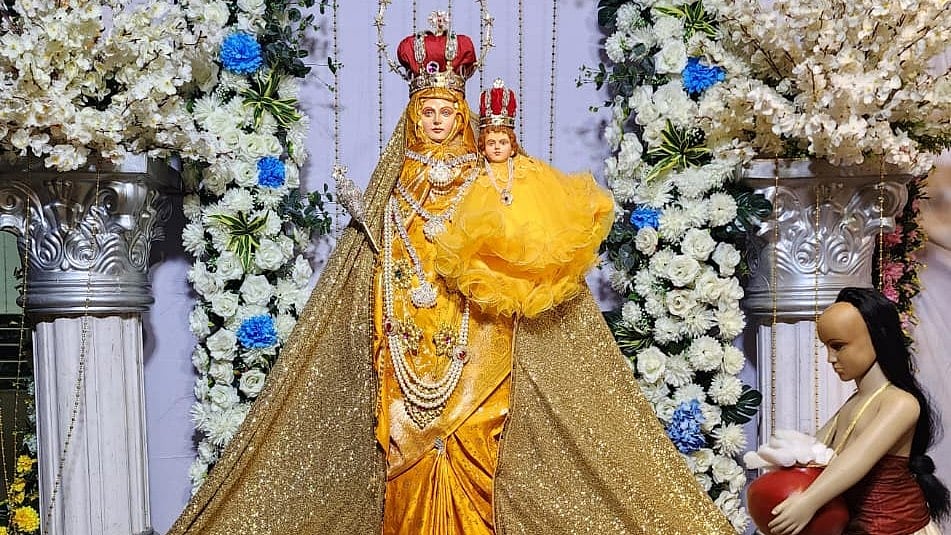Ramadan, the Islamic month of fasting, prayers, and charity, begins on Monday for many Muslims. The month will end with Eid-ul-Fitr, also called Ramadan or Ramzan Eid.
The month of Ramadan
One of the features of the month is the dawn-to-dusk fasting. The duration of daylight being different across latitudes, the fasting period varies in different places. According to religious scholars, the tradition of fasting came with Abraham, the patriarch revered by Judaism, Christianity, and Islam.
Dr Zeenat Shaukat Ali, former head of Islamic studies at St Xavier's College, explained the significance of the month, saying the period was observed as a month of peace in Mecca. "This was the month when life was preserved and there was peace between the tribes in the area. It is said that it was during this month that the Koran was revealed to the prophet. This is the spiritual significance of the month," said Ali.
This is also the month when believers give the mandatory Zakat – calculated as 2.5% of the wealth a person has earned during the year. The giving of alms is one of the five tenets of the religion. It is believed that during his first sermon in Medina, the prophet spoke about charity and how it can change the world. In areas that were administered by rulers, the Zakat was collected as taxes and distributed to society to fulfil various needs, like food, education, roads. In modern times, many Muslims donate the money to charities of their choice.
Khoja community to distribute food baskets
Mumbai’s Khoja community will distribute food baskets at its main mosque in Dongri and at other centres like Kurla, Santacruz, Mumbra, Vasai and other places. “We are a philanthropic community and the gates of our centres are open to everyone for Iftar – the post-sunset meal that breaks the day-long fast,” said Ali Akbar Shroff of the Khoja Shia Ithnaa Ashari Jamaat. The community also hands over cheques to widows and other people in need.
This year, widows will be given Rs 10,000 and others seeking help will get Rs 3,000. The community’s food baskets distributed in the evening will have 20 kilograms of grain, oil, jam, and other foods. The Sehri packets, distributed for the meal before sunrise, will consist of packets of milk, biscuits, cheese, and other food items that underprivileged children can enjoy.
Charity of the tongue
Ali added that good deeds need not be limited to charity. "This can also mean 'charity of the tongue' which means not speaking ill of others and doing good," said Ali. Believers also do a reading of the Koran during the month. The month is believed to be a period of Ibadat when the doors of heaven are open.
Some nights during the month are especially important. In the early morning hours of the 19th day of Ramadan in the 40th year of Hijri, the lunar calendar followed by Muslims, Imam Ali, a figure especially revered by Shias, was struck with a poisoned sword while leading prayers in a mosque. He was martyred on the 21st day. “For us, the nights of the 19th, 21st, and 23rd dates are special and are called the ‘nights of repentance’,” said Shroff.
The month, also called Ramzan, is based on a lunar calendar and the sighting of the moon. Since the lunar calendar has 29 or 30 days, the year is shorter than its solar counterpart. Some Muslim sects, like the Dawoodi Bohras, a Shia group, observed the first day of the month on Sunday. The Khojas will begin the month from Tuesday after the sighting of the moon on Monday evening.








